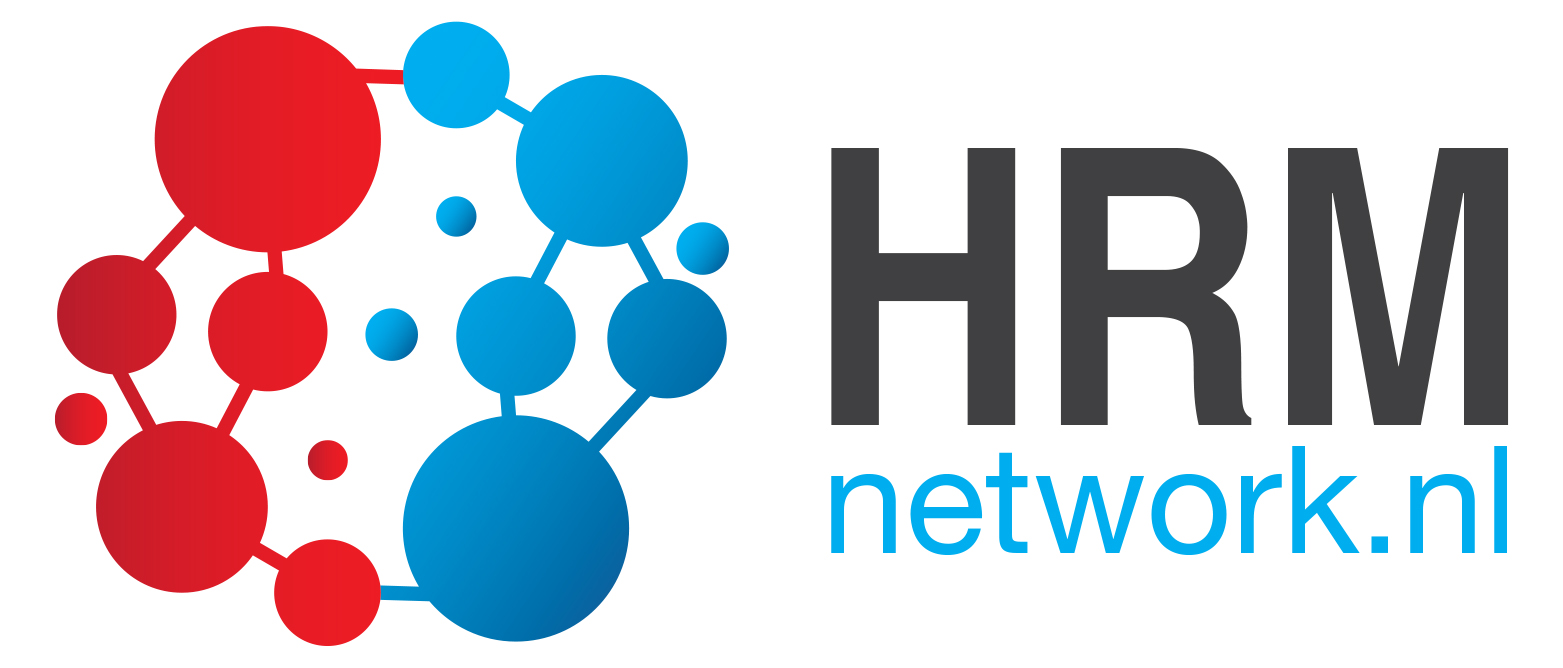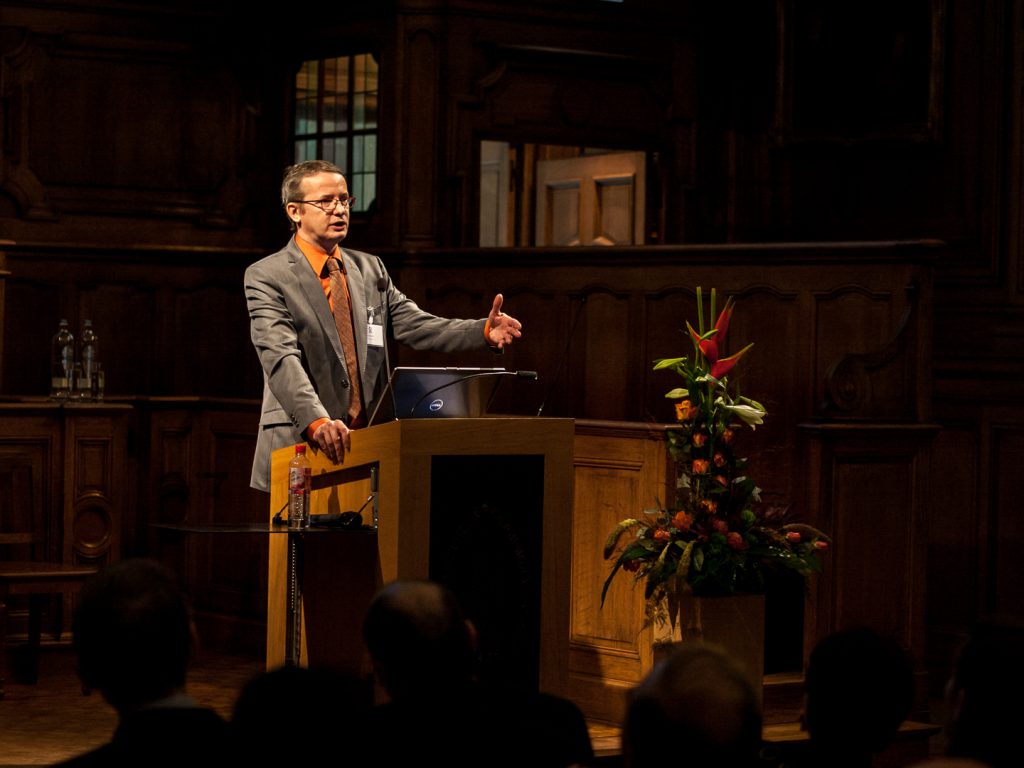
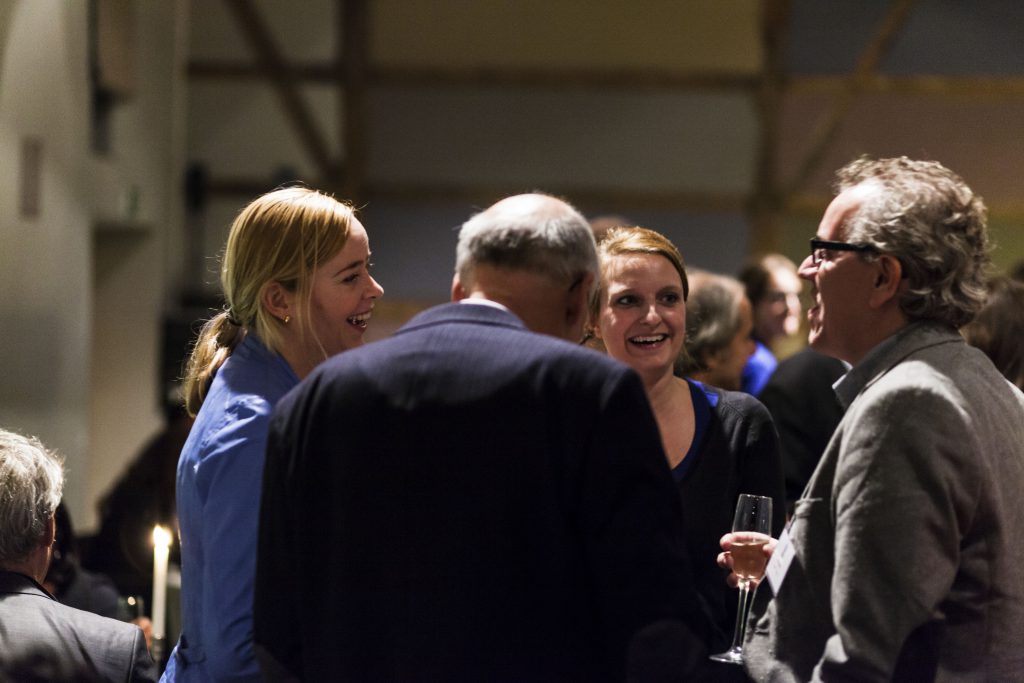
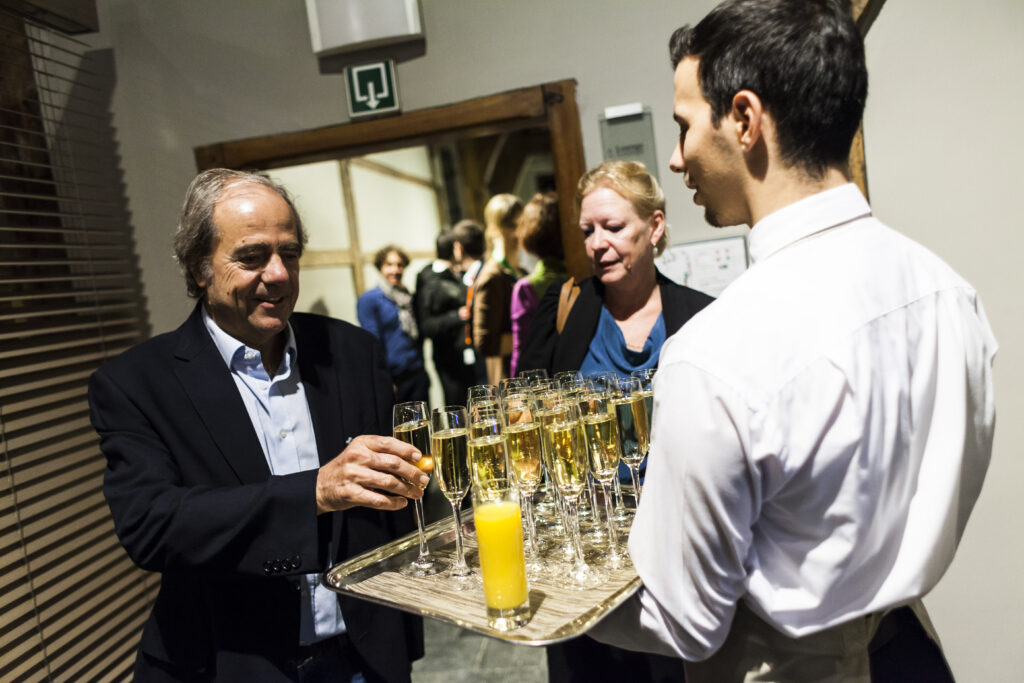
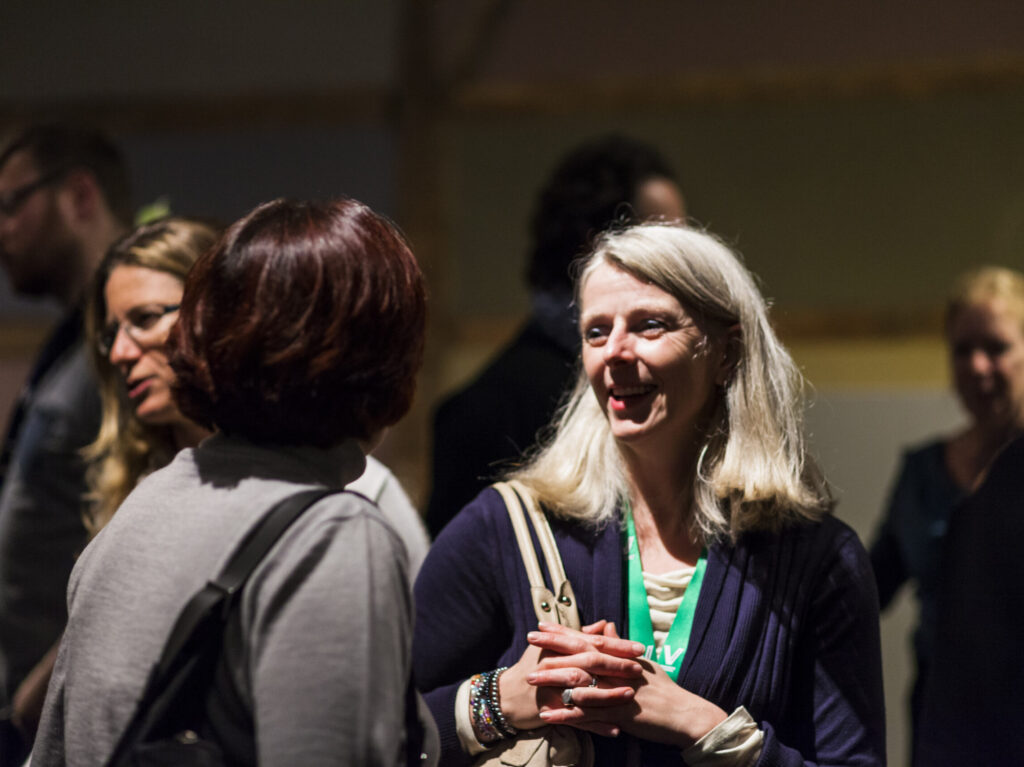
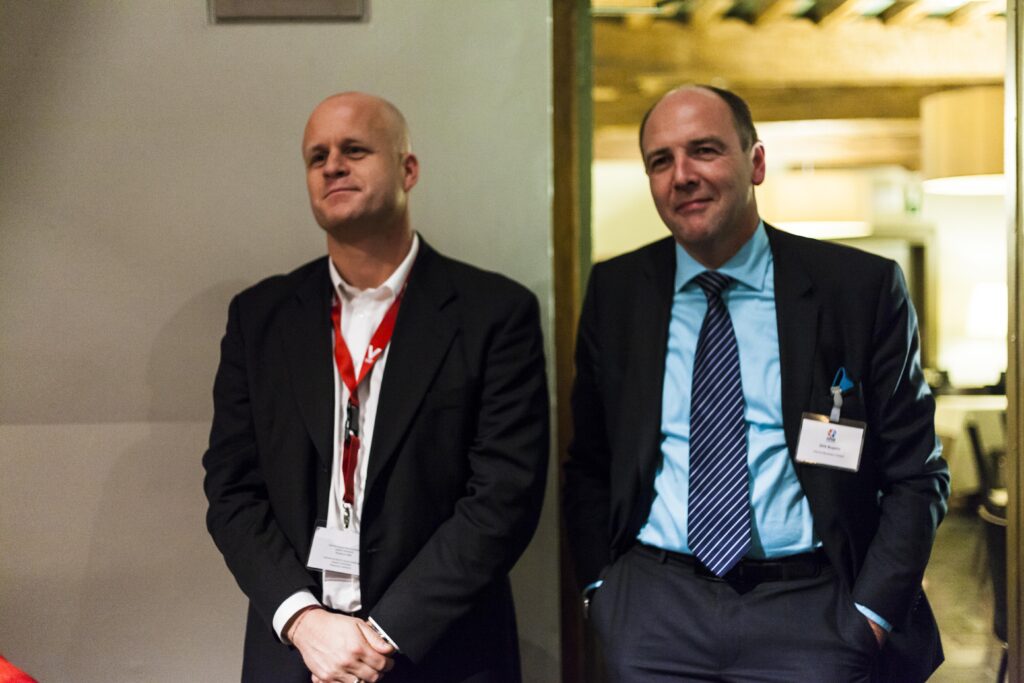
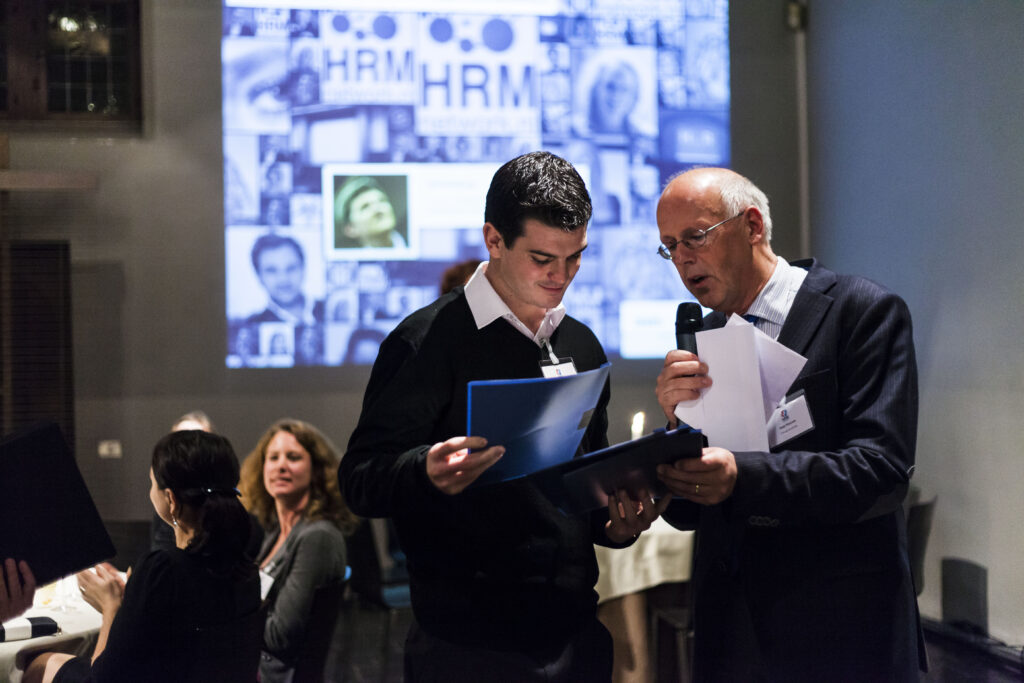
A short summary
History of the Network
The Dutch HRM Network was founded in the 1990s. Around 1996/1997 a growing number of research schools about subject domains arose. HRM was not represented in those schools. This led to the initiative by Jaap Paauwe and Paul Jansen to develop a similar set-up for HR-Studies. For further thoughts and discussion they invited colleagues of other universities: Jan Kees Looise (University of Twente), Wout Buitelaar (UvA) and Fred Huijgen (Radboud University). These meetings took place at a central point in The Netherlands, namely at Vervoersbond CNV (transport union), located opposite to Woerden train station. They could meet there for free because Jaap Paauwe had good relations with the Vervoersbond.
After a number of meetings, the founding document was ready, with the ‘employment relationship’ as central topic of study (see attachment for founding document). In the meantime it had become clear that the idea of a research school was not that relevant anymore. Nevertheless, there was a need to provide the science domain of HRM (or HR-studies) with a stronger profile. Furthermore, a stronger dissemination of ideas across borders was required, where the predominantly shareholder and performance-oriented approach from the USA was experienced as too dominant.
These discussions soon led to the idea of organizing an international biennial scientific conference for and by scientists. The first of these conferences took place in 1999 at the Erasmus University in Rotterdam and was organized by Jaap Paauwe and Paul Boselie. In the meantime more than 20 years have passed and the Dutch HRM Network has organized 11 International Conferences.
As of 2012/2013 the Network was expanded by the membership of our Belgium/Flemisch partners in Leuven and Ghent. Because of the existing brand awareness, they did not insist on changing the name of the network.

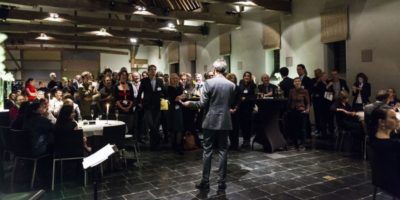
Overview of Biennial International Conferences of the Dutch HRM Network
The first of International Conference of the Dutch HRM Network took place in 1999 at the Erasmus University in Rotterdam with the theme “Human Resource Management: Confronting Theory and Reality”. Afterwards, another 10 conferences took place, and in 2021 the 12th biennial conference will be held at the University of Twente. See an overview of the conferences below:
“HRM For Resilient Societies“
University of Twente, The Netherlands
Key-notes: Fang Lee Cooke and Anne Keegan
Both the economic crisis in mid-2008 and the COVID-19 pandemic in 2020 made clear the need for continued resilience in organizations and societies. The two crises have likewise challenged HRM scholars in terms of flexibility and resilience, and emphasized the importance of our research (and the knowledge we create) on the well-being of the wider society in which we live and work. After the success of the HRM Conference in Tilburg (2019), we continue the scholarly tradition with an exploration of the contribution of Human Resource Management to Societal Challenges. The 12th International Conference of the Dutch HRM Network will take place at the University of Twente (the Netherlands), an institution with an embedded multidisciplinary research tradition, multifaceted research programmes in People First High-Tech systems, and a mission to empower a resilient society through sustainable solutions.
“Societal Impact”
Tilburg University, The Netherlands
Key-notes: Peter Boxall
During this conference we will ask ourselves the question whether the HRM field has indeed focused too much on ‘’looking up’’ and on organizational performance to make it relevant for society or whether such a pessimistic view is exaggerated. Recent editions of the biennial Dutch HRM conference would suggest considerable interest outside the topic of organizational performance. Recent conferences have definitely paid attention to topics which are more societally inclined, such as “H vs. R” (Leuven, 2013), “Re-contextualizing HRM” (Utrecht, 2015), and “Sustainable HRM” (Nijmegen, 2017). However, which research streams address such relevant societal issues directly and what is the state-of-the-art in terms of these research streams? And how can a focus on the employee-employer relationship possibly be reconciled and/or combined with societal impact? The aim for the 11th International Conference of the Dutch HRM Network is to map research efforts in the area of the societal impact of HRM, and to bring together international scholars to present the state-of-the art of current scholarly work in the field, to reflect on the progress that has been made, and to define avenues for further research.
“Sustainable HRM”
Radboud University Nijmegen, The Netherlands
Key-notes: Jaap Paauwe and Michael Arthur
The biennial conference of the Dutch HRM network conference welcomes all kinds of papers on the topic of HRM. In particular, this year’s Dutch HRM conference will have a special focus on Sustainable HRM. Since the 2008 economic crisis and the late 2015 International Climate Change Agreement (the Paris agreement) on a decrease and final ban of the use of carbon energy resources, the debate regarding sustainability of organizations and of people working in these worldwide, initiated by the Brundtland report (WCED, 1987), has intensified. Organizations are urged to take full responsibility for both individual and organizational behavior outcomes, and should be prepared to make ‘dirty hands’. “Issues of environmental degradation, marginalization of significant social groups, radicalism and protests against capitalism, and the search for innovations in public and private sectors that deal with these dilemmas have increasingly become imperative nowadays” (Jabbour & Santos, 2008, p. 2133). Corporations in various sectors and industries, such as oil and gas industry, energy, financial services, and pension funds, are expected to actively lead transformation into more sustainable organizations and investments. Universities might be responsible for doing research and educating new generations about sustainability. Therefore, a search for development criteria which include economic, social, and environmental elements is needed.
“Recontextualizing HRM”
Utrecht University, The Netherlands
Key-notes: Wolfgang Mayhofer and Veronica Hope Hailey
The conference theme of the 2015 Dutch HRM Network at Utrecht University is ‘Recontextualizing HRM’. Recontextualizing means: To place or view (a work of literature or art, for example) in a new or unfamiliar context, especially in order to suggest a different interpretation. ‘Recontextualizing HRM’ refers to giving context a central position in our research and studying contemporary HRM challenges from completely new and different perspectives. The two keynote speeches of the conference (Professor Wolfgang Mayrhofer and Professor Veronica Hope-Hailey) and the workshops of the two-day event will be linked to this theme.
“‘H’ versus ‘R’ in HRM”
KU Leuven, Belgium
Key-notes: Quinetta Roberson and Lisa Nishii
The theme was related to the following questions: should our main focus be on the ‘R’ in HRM, where we treat employees as any other resource in the organization thus looking for ways to manage and deploy them in order to optimize their return on investment and maximize the (financial) results of the organization? Or should our main focus be on the ‘H’ in HRM, where we look at employees with their own and diverse needs, preferences and interests that should be taken care of by organizations, for profit related but also for personal and societal reasons? Are both perspectives mutually exclusive, or is there a way to combine the best of both worlds?
“Evidence based HRM”
University of Groningen, The Netherlands
Key-notes: Susan Jackson (President Elect of the Academy of Management) and Sara Rynes (Former Editor of Academy of Management Journal)
Do-vr 10 & 11 nov-2011
The conference covered the complete field of HRM research and proposals from any subfield are welcome. The title for the 2011 conference was “Evidence based HRM”, and papers dealing with issues related to this theme were especially welcomed.
“Capitalizing on Diversity in HRM Research”
VU University and University of Amsterdam, The Netherlands
Key-notes: Luc Sels and Sharon Parker
Vr-za 13 & 14 nov-2009
This conference aimed to highlight HRM research in its full diversity and build bridges between the many different perspectives. It aimed to start conversations between HRM researchers from different backgrounds and helped to leverage (or capitalize on) this diversity to spark new and groundbreaking ideas in our field that are of both academic and practical importance.
“In search of Balance: Managing Dualities of HRM”
Tilburg University, The Netherlands
Key-notes: Rose Batt and Pat Wright
Vr-za 9 & 10 nov-2007
With the conference “In Search of Balance: Managing the Dualities of HRM” the Network celebrated its lustrum anniversary , combined with the 20 year anniversary of the HR-studies department at Tilburg University. 30 years after the start of the debate, this conference addressed the increasing evidence of the dualities and paradoxes entailed in HRM today.
“The value of HRM?!”
University of Twente, The Netherlands
Key-notes: Denise Rousseau
Vr-za 4 & 5 nov-2005
“Innovating HRM?”
University of Twente, The Netherlands
Key-notes: John Purcell (Bath University)
Vr-za 7 & 8 november 2003
“Organisational Renewal: challenging human resource management”
Radboud University Nijmegen, The Netherlands
Key-notes: Karen Legge and Keith Sisson
“Human Resource Management: confronting theory and reality”
Erasmus University Rotterdam, The Netherlands
Key-notes: David Guest
